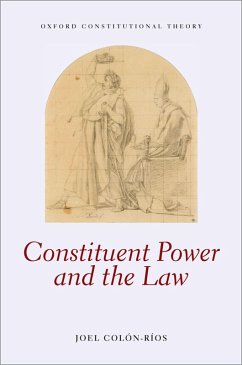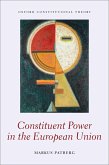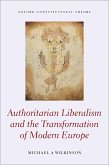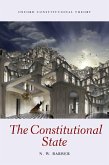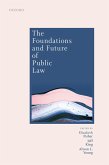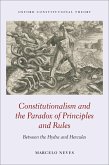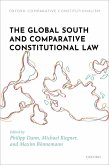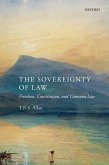Constituent power is the power to create new constitutions. Frequently exercised during political revolutions, it has been historically associated with extra-legality and violations of the established legal order. This book examines the relationship between constituent power and the law. It considers the place of constituent power in constitutional history, focusing on the legal and institutional implications that theorists, politicians, and judges have derived from it. Commentators and citizens have relied on the concept of constituent power to defend the idea that electors have the right to instruct representatives, to negate the doctrine of parliamentary sovereignty, and to argue that the creation of new constitutions must take place through extra-legislative processes, including primary assemblies open to all citizens. More recently, several Latin American constitutions explicitly incorporate the theory of constituent power and allow citizens, acting through popular initiative, to trigger constitution-making episodes that may result in the replacement of the entire constitutional order. Constitutional courts have also at times employed constituent power to justify their jurisdiction to invalidate constitutional amendments that alter the fundamental structure of the constitution and thus amount to a constitution-making exercise. Some governments have used it to defend the legality of attempts to transform the constitutional order through procedures not contemplated in the constitution's amendment rule, but considered participatory enough to be equivalent to 'the people in action', sometimes sanctioned by courts. Building on these findings, Constituent Power and the Law argues that constituent power, unlike sovereignty, should be understood as ultimately based on a legal mandate to produce a particular type of juridical content. In practice, this makes it possible for a constitution-making body to be understood as legally subject to popularly ratified substantive limits.
Dieser Download kann aus rechtlichen Gründen nur mit Rechnungsadresse in A, B, BG, CY, CZ, D, DK, EW, E, FIN, F, GR, HR, H, IRL, I, LT, L, LR, M, NL, PL, P, R, S, SLO, SK ausgeliefert werden.
Hinweis: Dieser Artikel kann nur an eine deutsche Lieferadresse ausgeliefert werden.

